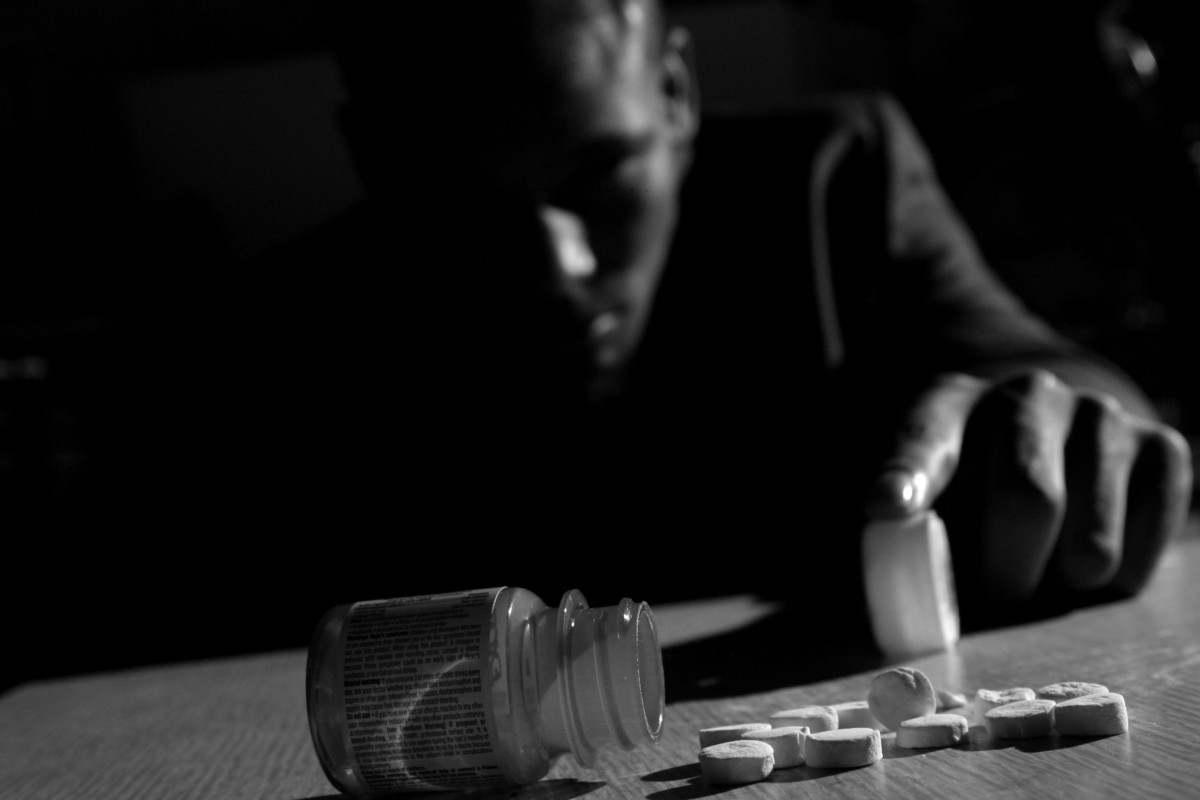Counseling and Addiction
23 de agosto de 2017 by psychotherapist Addiction Leave a comment
What should we say about…need Counseling
Kicking the prescription drug abuse habit — or any other addiction — is a major accomplishment. But for most people with opioid addiction, detox is only the beginning of a long-term battle against craving and relapse.
Counseling is an essential part of drug abuse treatment for many people. Cognitive behavioral therapy, family counseling, and other therapy approaches can help people recovering from opioid addiction stay clean. Psychotherapy can also treat the other mental health conditions that often contribute to prescription drug abuse.
Why Counseling Is Important in Addiction Treatment
Opioid addiction is more than a physical dependence on drugs. Even after detox, when physical dependence has resolved, addicts are at high risk for relapse. Psychological and social factors are often powerful stimuli for prescription drug abuse relapse:
- Stress, especially sudden life stresses
- Cues in the environment, like visiting a neighborhood
- Social networks, like spending time with friends who continue to use drugs
These factors can create ongoing, nearly irresistible urges to use drugs. Prescription drug abuse counseling helps addicts escape craving and learn to cope with life, without using drugs.
Several counseling therapies are available for prescription drug abuse, and no one established method is known to be better than another. Likewise, no one approach is appropriate for everyone with opiate addiction. The right drug abuse treatment plan is tailored to a person’s addiction and his or her individual needs.
Individual vs. Group Therapy
While any counseling therapy for drug abuse treatment is better than none, group therapy is generally preferred over individual therapy. In group therapy, a person is more likely to be both challenged and supported by peers who are also going through drug rehab. Twelve-step programs such as Narcotics Anonymous are peer support groups (not led by a trained psychotherapist and, thus, not the same as group therapy) that can be a useful part of a recovery program.
Individual therapy can be helpful in the case of a dual diagnosis: coexisting depression, bipolar disorder, or other significant mental health condition that requires treatment in its own right, separate from the opioid addiction.
